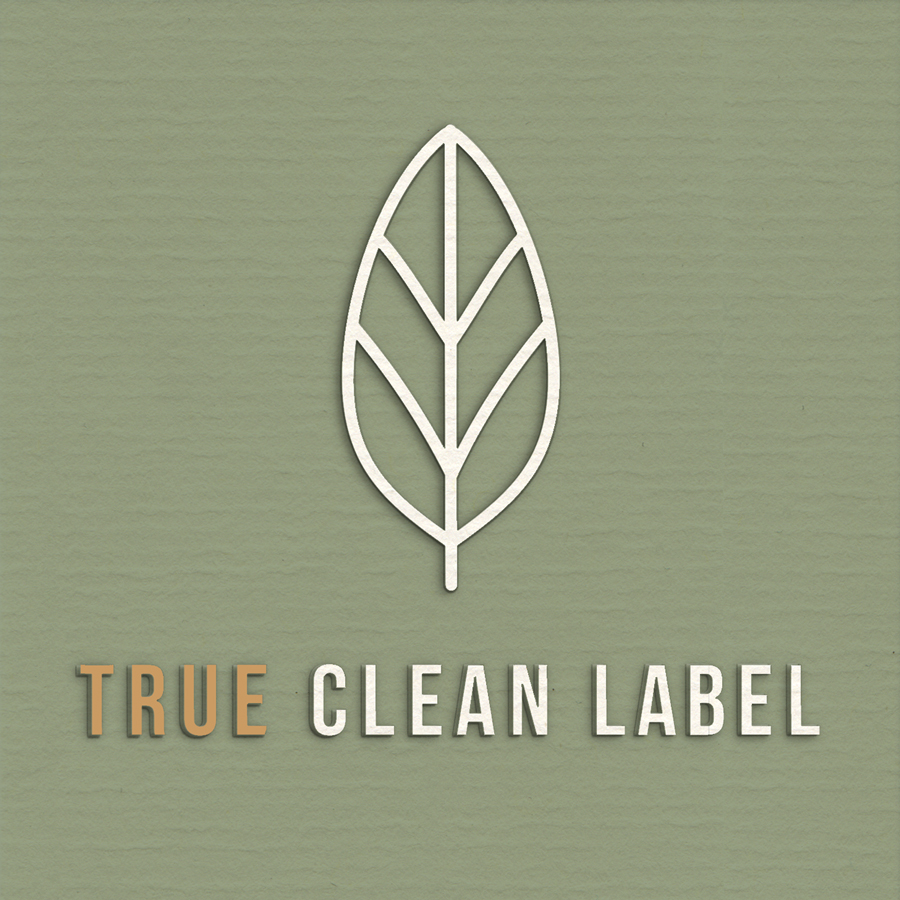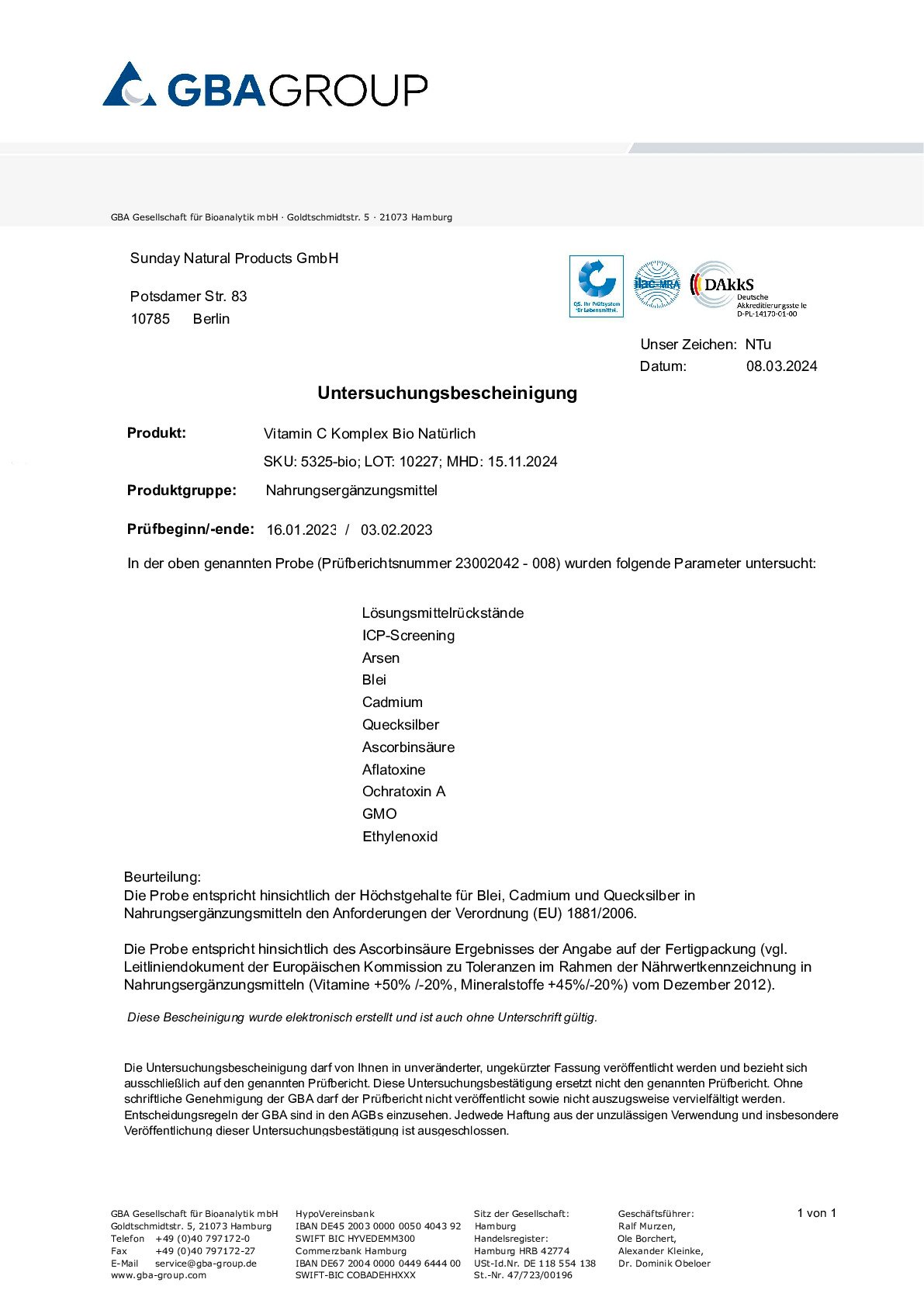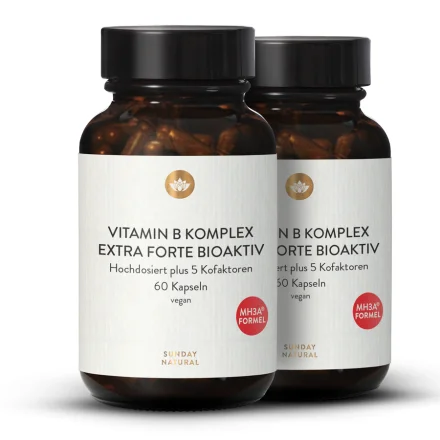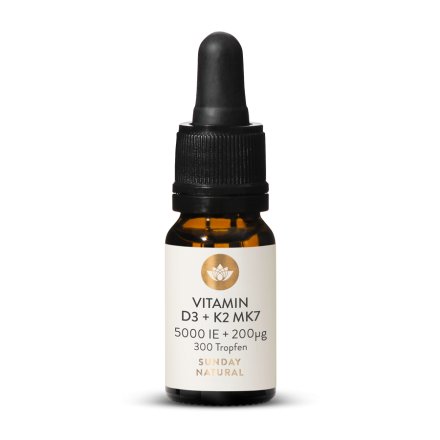Vitamin C is involved in numerous redox reactions as an antioxidant and cofactor, thus influencing numerous processes in the human body, such as energy metabolism and the immune system, and providing antioxidative protection to cells. It is also involved in the formation of collagen, the structural protein found in skin, cartilage, bones and blood vessels, as well as in the synthesis of hormones.
High concentrations of vitamin C are found naturally in fresh fruits, vegetables and berries such as camu camu, sea buckthorn berry, acerola cherry, rosehip, black currant, kale, parsley, kiwis and citrus fruits, among others.
The role of vitamin C in the body remains an active area of research. Almost every year, new mechanisms of action are discovered for this fascinating vitamin. The following statements regarding vitamin C are provided by the EU:
Health Benefits of Vitamin C
According to the European Food Safety Authority (EFSA), Vitamin C contributes to:
- The reduction of tiredness and fatigue
- Normal mental function
- The regeneration of the reduced form of vitamin E
- Normal energy metabolism
- Normal immune system function
- The normal function of the nervous system
- Protecting cells against oxidative stress
- Normal collagen formation for normal blood vessel function
- Normal collagen formation for normal bone function
- Normal collagen formation for normal cartilage function
- Normal collagen formation for normal dental function
- Normal collagen formation for normal gum function
- Normal collagen formation for normal skin function
- Increasing iron absorption
- Maintaining normal immune system function both during and after intense physical activity
Synergy with Bioflavonoids
Bioflavonoids are the most common type of phytochemical. These important compounds are found in vegetables, fruits and herbs and are responsible for, e.g., the vibrant colour of blueberries and of dark leafy vegetables. Bioflavonoids have strong antioxidant properties; to support the natural synergy between vitamin C and bioflavonoids, our vitamin C complexes contain a broad spectrum of valuable bioflavonoids from citrus fruits, berries and superfoods which themselves are also rich in vitamin C.
Acerola
Our acerola is sourced from Brazil. It is gently freeze dried immediately after harvest and then milled into a natural fruit powder without the addition of controversial carrier materials such as maltodextrin. Acerola cherries are known for their exceptionally high vitamin C content (approximately 1,700mg/100g fresh).
Camu Camu
The small, yellowish red camu camu fruit (Myrciaria dubia) grows wild in the Peruvian Amazon. The fruity and sour, slightly bitter berries are among the most vitamin C-rich foods on earth, with roughly 40 times the vitamin C of an orange. The dried berry can reach up to 13–14% vitamin C.
Rosehip
We source our premium rosehip powder from Chile, where the variety of rosehip (Rosa canina L.) richest in bioactives thrives. The wild bushes grow slowly under the harsh climatic conditions in the south of Chile, at an altitude of 800m. This slow growth fosters the development of a uniquely high quality fruit. Hildegard von Bingen considered rosehip to have special healing properties.
Sea Buckthorn
The fruits of sea buckthorn (Hippophae rhamnoides) are true vitamin bombs. Sea buckthorn contains about 10 times as much vitamin C as a lemon, making it an excellent source of vitamin C.
Black Currants
Blackcurrants are rich in bioactives, surpassing their red counterparts many times over. The black colour of the berries is a result of their high anthocyanin content. These plant pigments offer the currants protection from oxidative damage caused by the sun.
Phytochemical Blends
Additionally, this product contains a complex of bioflavonoids from mixed citrus fruits and polyphenols from wild blueberries, cranberries, raspberries and blackberries.





























